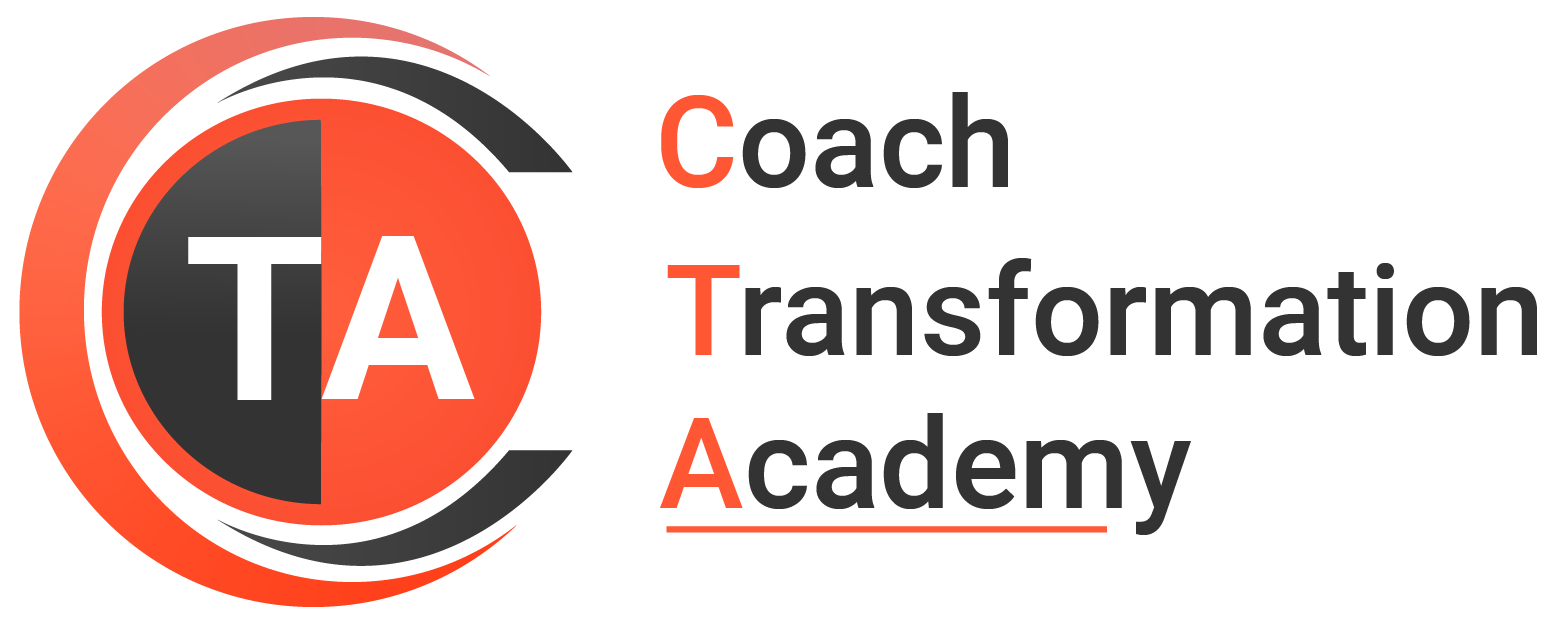Do you know what the phrase “reflective inquiry” is about? Made from two words, the term reflection here means serious thought or consideration. In the context of coaching, the reflective inquiry is the process where a coach enables clients to think about their situation in a deeper way, develop new perspectives, and see things in a new light.Coaches typically act as thinking partners for individuals, who are stuck inside their stories and perceptions.
Often coaches find themselves in the midst of developing their own ideologies. They tend to incline towards “checklist coaching” where they spend more time trying to remember the questions they are supposed to ask, instead of paying attention to the actual client. Being present and leveraging reflective statements is crucial. Coaching must be a methodology of inquiry; not a series of questions and it is known as reflective inquiry. With reflective inquiry, coaches can provoke critical thinking and seek answers.
Origin of reflective inquiry
The practice of “reflective inquiry” was first mentioned in 1910 by the educational reformer John Dewey in his classic book, How We Think. Dewey amalgamated critical thinking along with Socratic questioning. Initially, Dewey wanted to reform the practice of dumping information into students’ brains and then test their mugging up skills. By combining different thinking principles, Dewey believed that the trainees would be able to distinguish what they know from what they don’t know; they can better uphold the value of fear or doubt and confirm or negate a stated belief.
A brief overview of reflection inquiry
Sometimes a coach serves as a mirror to reflect what the client isn’t able to see about themselves. Reflective inquiry is when a coach facilitates or empowers the trainee to think about their circumstance in a whole different light. Reflective inquiry serves as an instant replay for clients to observe themselves. People need to feel, be seen, heard, and valued, and with reflective inquiry, coaches use statements that hold up a mirror to the client’s thoughts and beliefs to provoke evaluation. In the coaching conversation, coaches include substantial energy shifts, inflection, and behaviors to summarize complex outcomes and possibilities. They reflect progress in the course of a coaching conversation to create a connection so that the clients feel safe to critically explore how they think.
Inquiry vs questions
If you think that inquiry is the same as a coach asking questions, then you are mistaken. With inquiry, coaches ask the right questions at the right time and use reflective practices to encourage clients to think about what they said and expressed. Questions ask for answers, but reflective thinking is based on looking up what you answered.
Sometimes the “you can do it” statements by coaches might feel patronizing, but good coaching isn’t supposed to be comfortable. Learning isn’t a linear graph; it is a journey of crests and troughs. Disruptive reflection provokes incisive questions that are needed to break down what we think we know. So, inquiry and questions are poles apart.
The bottom line
Coaching is all about a journey of self-liberation. You get to coach others while finding what you truly want for yourself and reflective inquiry is a part of it. However, to proceed in the right direction of your coaching journey, you surely need the right push from an accredited coaching organization.
Do you want to enroll in a coaching module that inculcates the principles of reflective inquiry? Coach Transformation Academy is the choice for you! Contact us now to know more about our coaching training courses.





